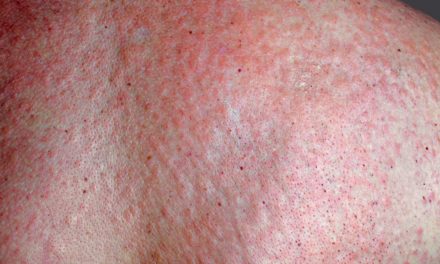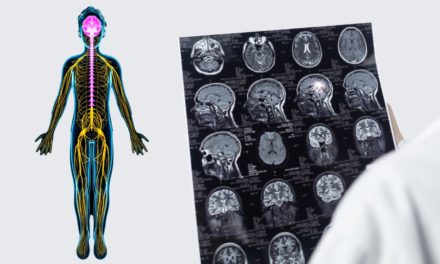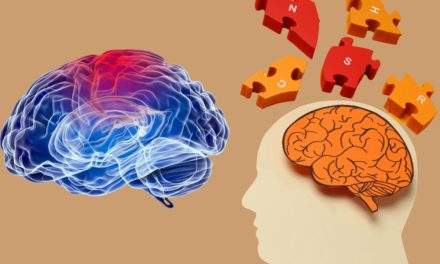Introduction:
The liver is a vital organ responsible for a number of essential functions, including detoxification, metabolism, and nutrient storage. Liver dysfunction, also known as hepatic dysfunction, is a condition where the liver’s normal functions become impaired, leading to potential health problems. Liver damage can range from mild to severe and can result from a variety of factors, such as infections, toxins, or chronic conditions. In this comprehensive article, we examine the world of liver failure, its causes, symptoms, diagnostic methods, and practical strategies to promote liver health.
Role of Liver in Health:
The liver plays an important role in maintaining the overall body, including:
- Detoxifying the Blood: The liver filters and removes toxins and harmful substances from the bloodstream.
- Metabolism: The liver processes nutrients, carbohydrates, proteins and fats to produce energy and essential molecules.
- Bile production: The liver produces bile, which is essential for digestion and absorption of fats.
- Storage: Liver stores vitamins, minerals and glucose for future use.
- Protein synthesis: The liver synthesizes proteins necessary for blood clotting and immune function.
Common causes of liver failure:
Liver failure can be caused by a variety of factors, including:
- Viral hepatitis: Hepatitis viruses (A, B, C, D, and E) can infect the liver and cause inflammation and liver damage.
- Alcoholic liver disease: Excessive alcohol consumption can damage liver cells, leading to fatty liver, alcoholic hepatitis and cirrhosis.
- Non-alcoholic fatty liver disease (NAFLD): Accumulation of fat in the liver, unrelated to alcohol consumption, can lead to inflammation and liver failure.
- Drug-induced liver injury: Some drugs and toxins can cause liver damage.
- Autoimmune hepatitis: The immune system mistakenly attacks the liver, causing inflammation and dysfunction.
Recognizing the symptoms of liver failure:
Symptoms of liver failure can be subtle, especially in the early stages. Common symptoms include:
- Fatigue and weakness.
- Yellowing of the skin and eyes (jaundice)
- Abdominal pain and swelling
- Nausea and vomiting
- Unexplained weight loss
- Bleed or bruise easily
- Change in color of stool and urine
Diagnostic Methods:
Blood tests: Liver function tests measure liver enzyme levels and assess liver health.
Imaging studies: An ultrasound, CT scan, or MRI can look at the structure of the liver and detect abnormalities.
Liver biopsy: In some cases, a small sample of liver tissue may be examined to determine the extent of damage.
Promotes Liver Health:
- Healthy diet: Eat a balanced diet rich in fruits, vegetables, whole grains and lean protein.
- Limit alcohol: Practice moderation or avoid alcohol consumption to protect the liver.
- Vaccination: Get vaccinated against hepatitis A and B to prevent viral infection.
- Exercise: Engage in regular physical activity to maintain a healthy weight and improve liver function.
- Avoid risky behaviors: Avoid sharing needles and practice safe sex to reduce the risk of viral hepatitis.
Result:
Liver failure is a serious condition that can significantly affect overall health and well-being. Understanding the possible causes, recognizing the symptoms, and promoting liver health through lifestyle changes are important steps in preventing or managing liver failure. Early detection and appropriate medical care play an important role in improving the outcome of people with liver problems. By prioritizing liver health through a balanced diet, regular exercise, and avoiding harmful substances, individuals can take proactive steps to ensure a healthy liver and a healthy life.










